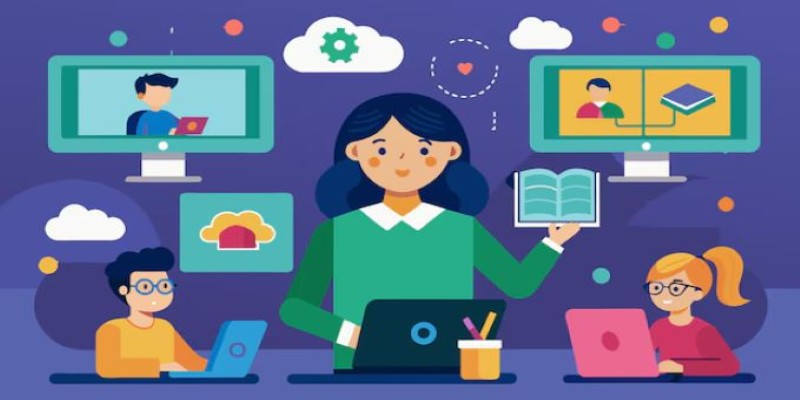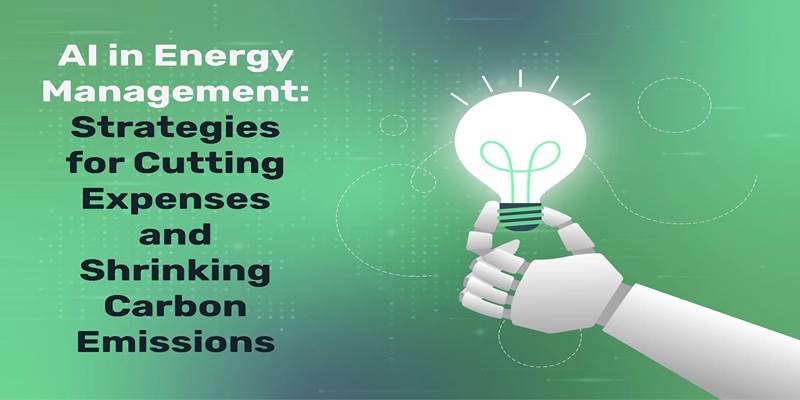As artificial intelligence (AI) continues to shape industries across the globe, students face the challenge of navigating a job market increasingly influenced by automation. With the rise of AI technologies, some jobs are being replaced by machines while others are evolving. So, how can students safeguard their careers in this fast-paced, tech-driven environment?
This article explores some of the practical strategies students can employ to make their careers AI-proof and keep them at the forefront of the workforce. It will cover how human skills, continuous learning, and adaptability can future-proof students' careers against AI.
Understanding the Impact of AI on Careers
AI is heavily transforming the way companies operate, starting from automating routine tasks to improving decision-making processes. Companies in manufacturing, customer service, and data analysis are now letting AI systems replace repetitive tasks done by humans. This fast progress threatens some jobs but also gives rise to other new ones with specialized skills.
Knowing what AI will bring to students' field is essential. Some jobs will disappear, while others will emerge, requiring knowledge in AI development, machine learning, and data science. Students will be better prepared for the changes ahead if they know how AI will impact their industry. The ability to continue to learn new things and, by extension, be adaptable would ensure one is not left out of the mainstream job market in terms of employability. Technological advancement in learning and subsequent relevant expertise would keep proactive learners in an advantageous position in the labor market.
Embracing Lifelong Learning
One of the most effective ways for students to AI-proof their careers is by adopting a mindset of lifelong learning. The rapid pace of technological advancements means that today’s skills might not be enough for tomorrow’s jobs. AI and automation are continuously evolving, and staying ahead of the curve requires a commitment to ongoing education.

Students should seek opportunities to help them develop complementary skills to AI technology rather than competitive ones. They can thus take classes in data analysis or programming or even some ethics in AI. Through this, the students will take learning as a lifelong process to enhance adaptability to future job market changes.
Moreover, students should seek experiences that allow them to develop soft skills like creativity, emotional intelligence, and critical thinking. These are areas where AI still lags behind human capabilities and are vital for roles that require nuanced decision-making and leadership. The combination of technical knowledge and strong human-centered skills will make students more adaptable and valuable in the workforce.
Focusing on Human-Centered Skills
While AI excels at automating repetitive tasks and processing vast amounts of data, it struggles with complex human emotions, creativity, and empathy. As a result, human-centered skills will become increasingly important as technology advances. Students should focus on developing qualities that AI cannot easily replicate.
Communication, problem-solving, and collaboration are just a few examples of skills that will always be in demand. These abilities are particularly valuable in leadership roles, customer-facing positions, and creative industries, where human interaction plays a crucial role. In the workplace, these skills enable individuals to navigate challenges, inspire teams, and build meaningful relationships with clients and colleagues.
Creative thinking is another critical skill that students should prioritize. While AI can generate solutions based on data, it cannot think outside the box or innovate in the way humans can. Students in fields like design, marketing, and entertainment should focus on cultivating their creativity and critical thinking to remain competitive in their industries.
By honing these human-centered skills, students can ensure their careers are not only AI-proof but also thrive in a future where technology and humanity intersect.
Building a Flexible and Adaptable Career Path
Flexibility is key in an ever-changing job market. Students who take a rigid approach to their career path may find themselves ill-prepared for sudden shifts in demand or industry disruptions. Instead, students should prioritize adaptability and be open to exploring different career opportunities as they arise.

One way to do this is by seeking diverse experiences through internships, part-time jobs, or volunteer work. Gaining hands-on experience in various fields allows students to understand different industries and identify where their skills are most valuable. Additionally, this exposure provides a broader perspective on the evolving job market and helps students stay ahead of emerging trends.
Networking is another important aspect of building a flexible career path. By connecting with professionals in their chosen industry, students can gain insights into the future direction of their field and identify emerging opportunities. Attending industry conferences, participating in online forums, and joining professional organizations can all contribute to building a network that keeps students informed about the latest developments in their industry.
Students should also be willing to pivot or retrain if necessary. Suppose they find that their current career trajectory is being overshadowed by automation. In that case, they should consider reskilling or shifting their focus to a field with greater demand and long-term potential. Flexibility, adaptability, and a proactive mindset will give students the freedom to adjust their career plans and navigate the changing landscape of work.
Conclusion
As AI continues to redefine the future of work, students must embrace strategies to stay ahead. Prioritizing lifelong learning, honing human-centered skills, and building adaptable career paths will help students AI-proof their careers. Embracing change with a mindset focused on growth and innovation is essential. While AI can transform job roles, it cannot replicate uniquely human qualities like creativity, emotional intelligence, and adaptability. Students who develop these qualities will not only thrive in an AI-driven world but also play a significant role in shaping the future of work. The key is to evolve alongside technology, not be replaced by it.


